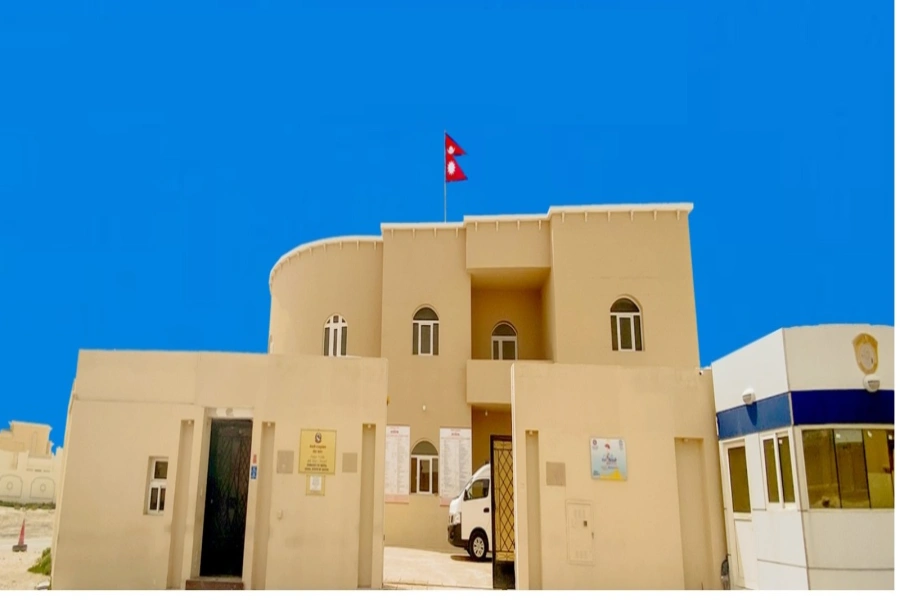SURKHET, Sept 4: The Karnali Provincial Assembly has initiated a review process for the laws it has enacted. This process, known as the 'post-legislative examination,' aims to evaluate the implementation and effectiveness of the existing laws. It can also be seen as a form of 'legislative audit’.
In the initial phase, the assembly's Social Development Committee has taken the lead in this effort. The committee has prioritized three laws for the post-legislative review: the Karnali Province Health Services Act, the Organic Agriculture Act, and the Right to Food and Food Sovereignty Act.
Currently, the Health Services Act is under review. Indra Kumari Shahi, a member of the Social Development Committee of the provincial assembly, emphasized the importance of this law. "Public health is a critical issue, especially as access to healthcare in our province is limited. This is why we prioritized this law for the initial review. Once the review is complete, we will gradually proceed with the other two laws,” she said.
What is missing in budget for agriculture?

The review of the Health Services Act includes assessments at three hospitals in Salyan and Rukum Paschim, as well as feedback from local citizens. A minimum period of three months has been allocated for the legislative examination of each law. The post-legislative review is conducted across all districts of the province, involving key stakeholders and the public.
This review process evaluates the implementation status of laws enacted by the provincial assembly, examines their positive or negative impact on relevant agencies, service users, and others, and gathers suggestions for effective implementation. A draft for the post-legislative review was prepared last March, and on April 20, the Social Development Committee approved the 'Procedures for Post-legislative Examination, Study, and Research of Laws, 2081.'
Following this, the committee decided which laws to review. The post-legislative review process involves visiting various districts and consulting with relevant agencies, officials, and the public, culminating in a report submitted to the provincial government.
Secretary Rajendra Paudel mentioned that other committees would follow suit after this initial review by the Social Development Committee. He said that the Westminster Foundation for Democracy (WFD) has provided support for this initiative, including financial assistance, management, orientation, and report writing based on post-legislative practices in other countries.
The Karnali Provincial Assembly has enacted 57 laws so far, with 53 of them passed during the previous term. The procedures established by the Social Development Committee for post-legislative review emphasize studying the state of law implementation, collecting suggestions for effective enforcement, evaluating strengths and weaknesses, and identifying any duplication in the laws.
Laws related to freedom, citizenship and civil rights, public interest, good governance, and the administration of justice; natural resource utilization; consumer welfare and public supply; drinking water; education; health; women; children; senior citizens; persons with disabilities; social welfare; agriculture; land; cooperatives; and industry, business, employment, and labor regulation in Karnali Province have been prioritized for this review.




































